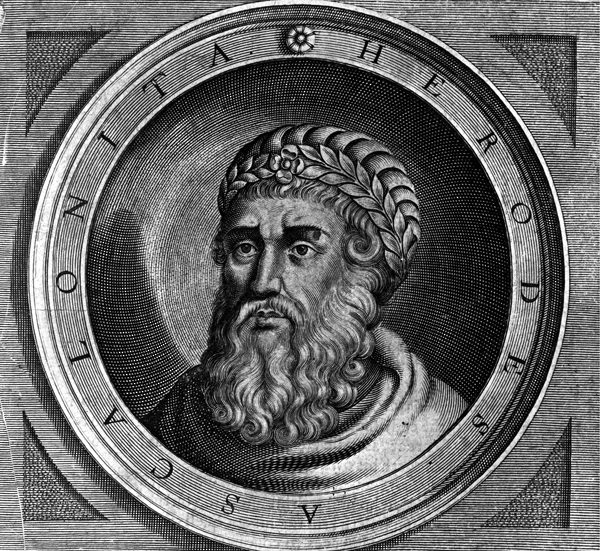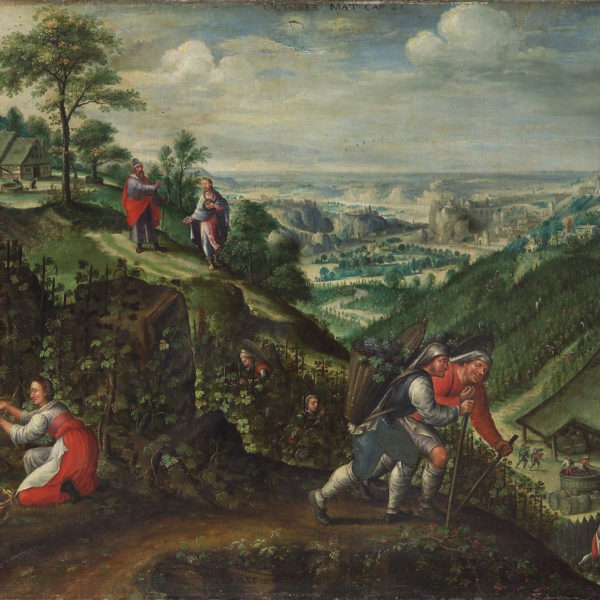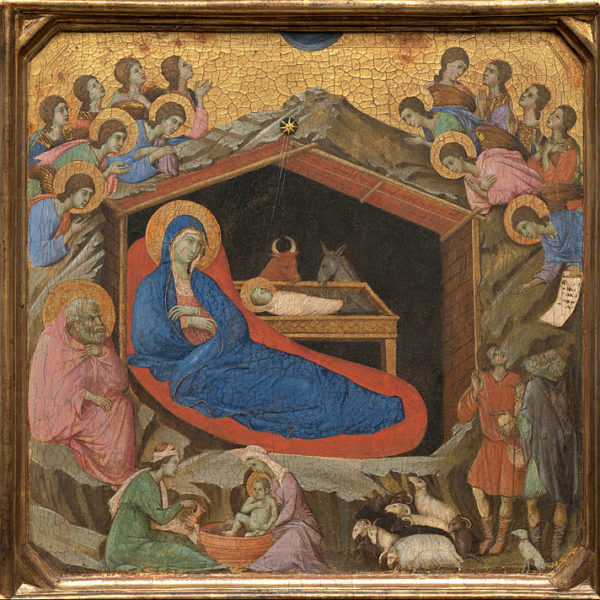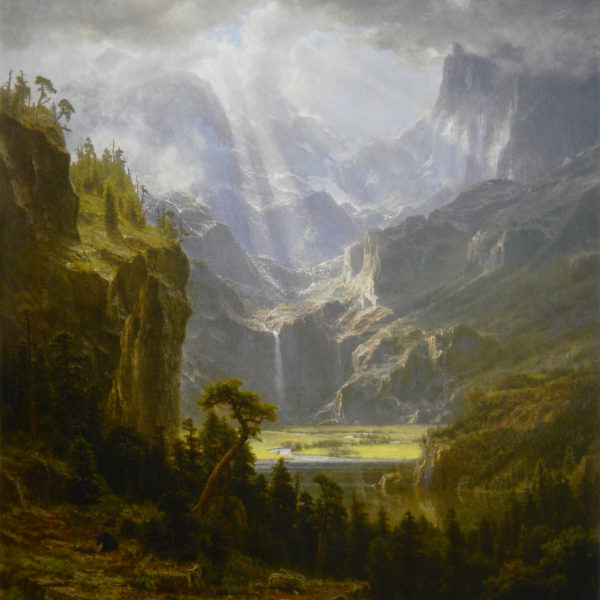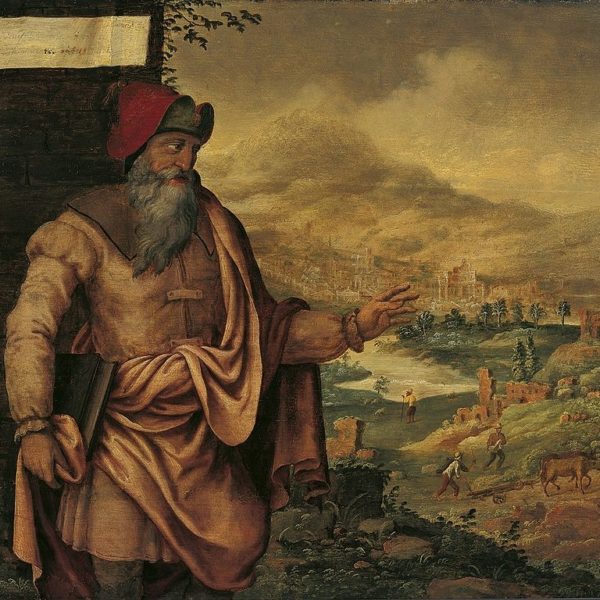
No matter how established we may think we are in this life, we are always on the way to another. To steady our step and to guide our path, we need to practice hope.
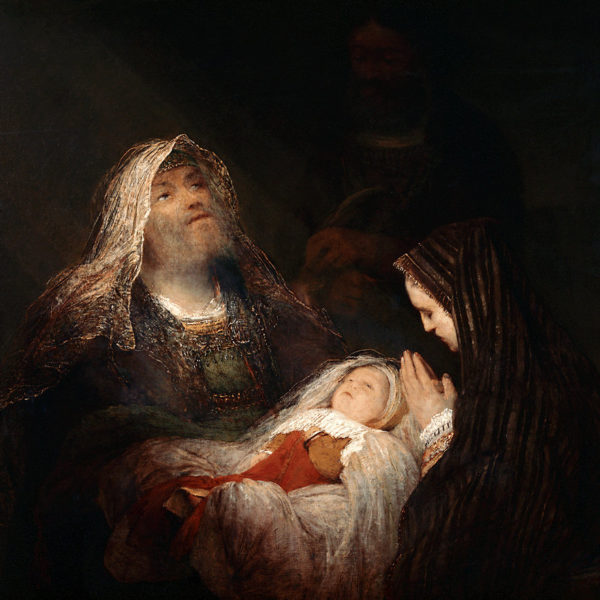
A competent sentinel must be vigilant, alert to and able to read the faintest signs upon a distant horizon, perceiving the most miniscule of details and discerning their greater import when they finally appear. In the opening chapters of both Matthew and Luke, we encounter a series of watchers and signs, presented in part as examples to the readers of the gospels in their own watching.
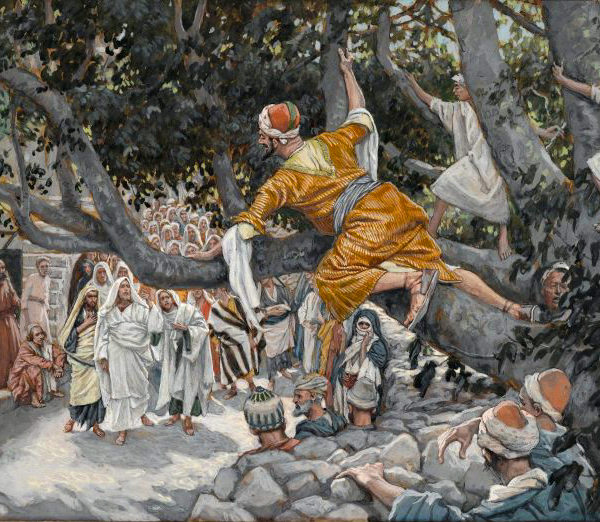
In the declamation of Isaiah 1, the prophet associates Judah and its rulers with Sodom, for their inhospitality, injustice, and the presumption that they can hide this from God. Zacchaeus, a man characterized by such Sodom-like injustice, is delivered from this as justice is welcomed into his house in the person of Jesus.

Isaiah offers us a startling vision of a society beyond scarcity and gross inequalities of wealth, leading to a subversion of all our economic logic. If we are prepared to re-conceive our world as a divine gift to all, we will be prepared to work towards a day when no one is excluded from God’s bounty.

What the world needs is not another group of people scrambling for advantage or clamoring for privilege, but rather a community of people engaged in acts of transcendence that move beyond the interests of the self towards the furtherance of the common good. That will only happen when the church tells the truth about how and why it was so chosen by God and re-orders its practices accordingly.

Isaiah 35:1-10 is a hopeful final statement to First Isaiah. Bringing together images of nature leading the way into a new world and release from political oppression, it continues to resonate in our contemporary situation.
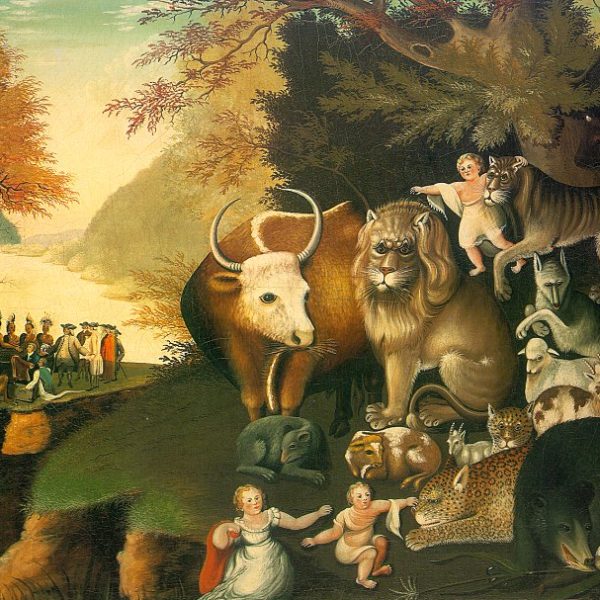
In Isaiah’s prophecy a young child serves as a sign puncturing the gloom of a dark political situation. The use of infants and young children to draw attention to God’s future within the book of Isaiah has significance for our own political visions. In regarding the sign of our children we can accomplish an existential turn from a politics driven by the selfish interests of our own generation to one of responsibility and hope for the well-being of those to come.
